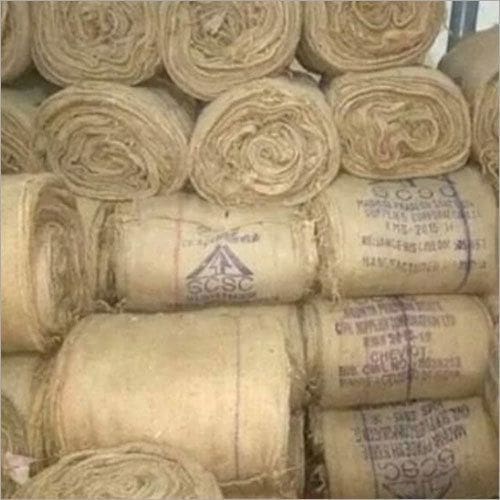A Union government agency for the promotion of jute industry has suggested that mandatory use of jute bags to package food grains be brought down to 90 per cent from 100 per cent of the demand and provision for plastic sacks in exceptional cases be increased from 30 per cent to 40 per cent.
A source in the industry has told The Telegraph that the Office of the Jute Commissioner of India put forward the proposal at the annual meeting of the Standing Advisory Committee on Jute on June 10.
According to the source who was present at the meeting, the jute commissioner himself tossed up the idea of changing the Jute Packaging Materials Act.
The proposal has come as a shock for the industry that employs over 3 lakh people in Bengal and creates indirect jobs for over 40 lakh others. The jute commissioner had made the suggestion a day before Prime Minister Narendra Modi stressed the revival of the jute industry during his virtual address of a Calcutta-based body of industrialists.
“Ironically a day before the PM’s address, one of his own agencies took an official stand which would lead to a long term damage to the industry,” the source said. “Was the PM just trying to impress lakhs of people associated with the industry for political reasons?”
null
At present, the Jute Packaging Materials Act mandates the packing of all food grains in jute bags. Under unusual circumstances, the central government can allow the use of plastic bags as replacement up to 30 per cent of the total demand.
“It will be unfair on the industry if there is a permanent change in the policy and the provision of mandatory use of jute sacks in the food grains’ packaging is tampered with,” said Raghavendra Gupta, the chairman of the Indian Jute Mills Association.
A source in the jute commissioner’s office said the plants had failed to meet the demand in the past five years and that was the trigger behind the recommendation.
“Also, the Union government wants the industry to start concentrating more on diversified jute products and stop depending on sacks for the survival. Even the PM emphasised the diversification of jute products,” the source added.
The jute commissioner, Moloy Chandan Chakraborty, declined comments. “The matter is being looked after by the SAC at the moment and I can’t comment on it until a decision is taken,” he said.
The mill owners have always said it is not feasible to diversify the jute production because the quality of raw jute in India is unfit for high-end products. Bengal has 59 jute mills and diversified jute products account for less than 1 per cent of the total production.
Congress MP and former Union minister of state for labour Pradip Bhattacharya said diversified jute products couldn’t be promoted without government help.
“The government must set up exclusive mills for such products. Reduction in the reservation of jute bags for packaging food grains will have an ill-effect on the industry,” he said .
Citu state secretary Anadi Sahu said: “If a permanent dilution is allowed, it will adversely affect the lives of farmers and labourers.”
“Labourers work to produce enough to meet the demand. However, there are shortfalls because of the mismanagement of the owners. The Union government needs to address the real issues. Promoting the plastic lobby will not help,” he said.

